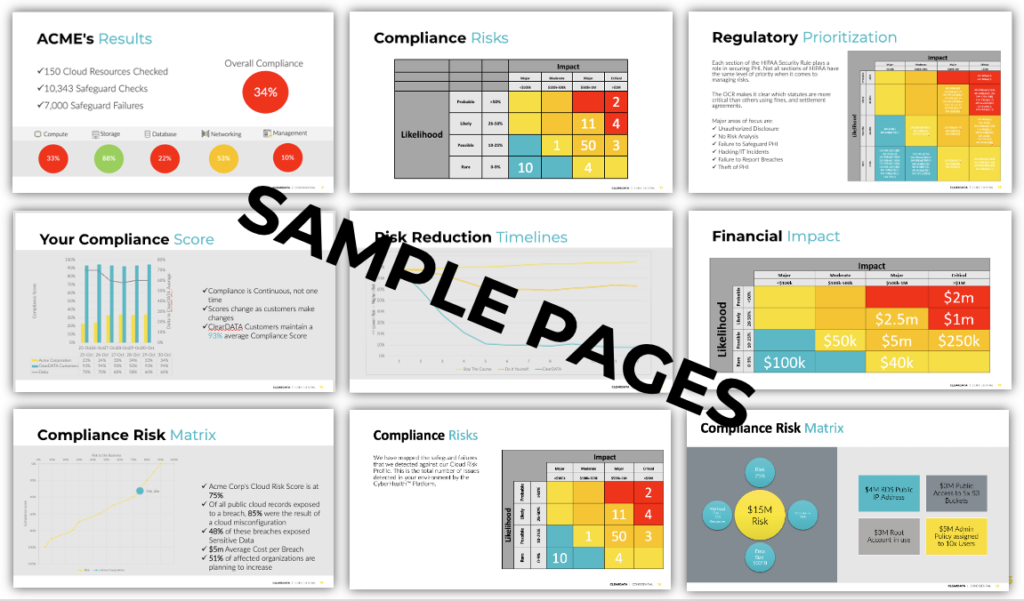Finally – A Necessary Response to Today’s Healthcare Cybersecurity Crisis
A Leap Forward in Healthcare Cybersecurity
The recent cybersecurity breach at Change Healthcare has cast a spotlight on the urgent need for fortified defenses in our healthcare systems. It’s a reminder that behind every data point compromised, there’s a patient whose safety and privacy are at stake. It’s with a sense of optimism and urgency that we commend Senator Mark Warner for spearheading the Health Care Cybersecurity Improvement Act of 2024. This legislation is not just timely; it’s imperative.
Bridging the Gap Between Cybersecurity and Patient Safety
Cyber threats are evolving, but so are we. The Health Care Cybersecurity Improvement Act of 2024 acknowledges the intrinsic link between digital security and patient safety. This bill isn’t merely legislative action; it’s a commitment to protect those who entrust us with their most personal information. It’s about safeguarding our ability to deliver uninterrupted, life-saving care. The bill underscores the long overdue acknowledgment of shared responsibility – where all constituents in the healthcare continuum, from providers to support services, are equally answerable and poised to contribute to the highest healthcare cybersecurity standards.
The legislation ensures that the Department of Health and Human Services can expedite reimbursements, known as advanced and accelerated payments when hospitals and physicians are affected by cyberattacks. However, there’s a key condition: The recipients must adhere to specified cybersecurity standards.

This bill addresses a critical need in the healthcare landscape, making it mandatory for providers and their vendors to meet minimum cybersecurity standards to qualify for advanced and accelerated payment programs. These programs have been vital sources of temporary relief to healthcare providers affected by unforeseen incidents since the 1980s.
Healthcare Cybersecurity and Patient Safety
Cybersecurity is not merely an infrastructural concern; it’s a patient safety issue. Data breaches can jeopardize patient identities, compromise their sensitive medical histories, interrupt critical healthcare services, and in the worst cases, cause harm or even death to a patient. The cybersecurity bill obligates providers to do more than put protocols on paper; it obligates them to use actively guided frameworks that repel, detect, and respond to potential cyber threats. I see this legislation as a much-needed step toward reinforcing the cybersecurity posture of our healthcare system.
These measures enhance the system’s resilience against cyber incidents, helping to protect sensitive patient data and maintain the smooth operation of vital healthcare services. In an age where cyber threats are a rapidly evolving reality and the healthcare industry is becoming increasingly reliant on digital infrastructure, the Health Care Cybersecurity Improvement Act of 2024 reminds us of the importance of security in our sector.
This legislation represents a significant stride towards fostering a safer, more secure healthcare environment. Let’s champion this bill, not just as an act of legislation, but as a catalyst in setting new standards in healthcare cybersecurity that will benefit providers, vendors, and, most importantly, patients.
How Can You Ensure Healthcare Cloud Security & Compliance?
Every healthcare system and company CAN shield cloud data from cyber attacks and data breaches starting now. The first step? Assess the risks and gaps in your cloud security and compliance. Know every cloud risk lurking that could compromise the strength and effectiveness of your healthcare data cybersecurity.
Let our team of healthcare cybersecurity experts conduct your free, no-strings-attached Cloud Risk Checkup. You’ll receive a tailored report establishing a baseline assessment of your risk levels against the strictest healthcare standards and regulations for healthcare cloud security and compliance, including HIPAA, HITRUST, NIST, ISO27001, and more.
Don’t wait for a breach. Protect your cloud’s sensitive healthcare information.
Find Out If Your Cloud Health is at Risk


